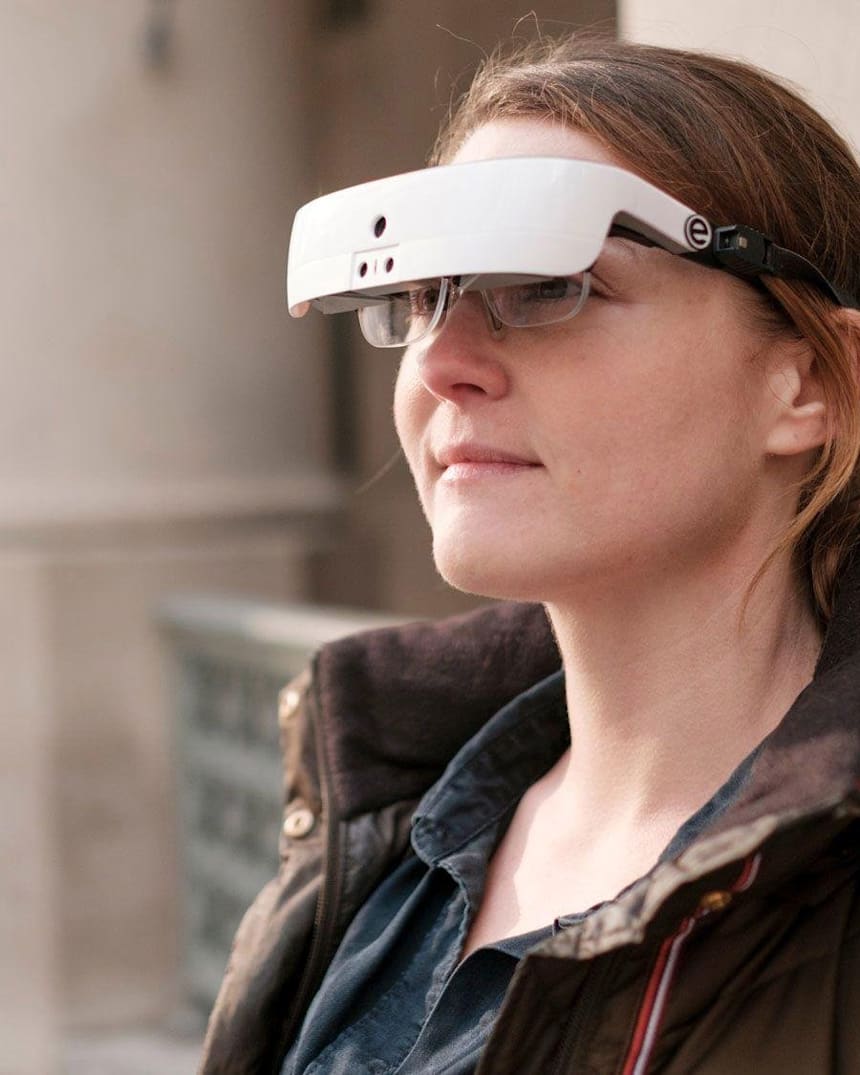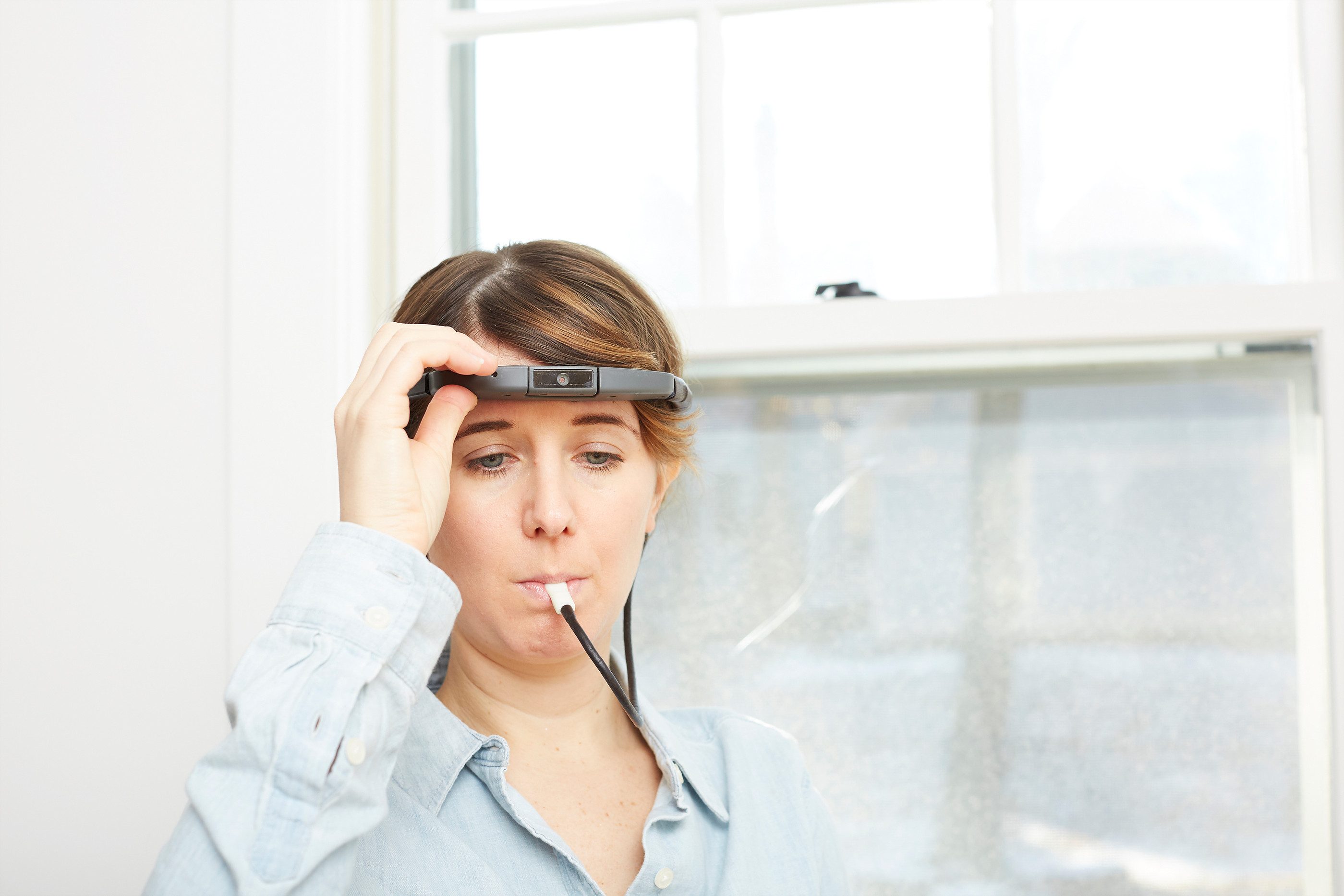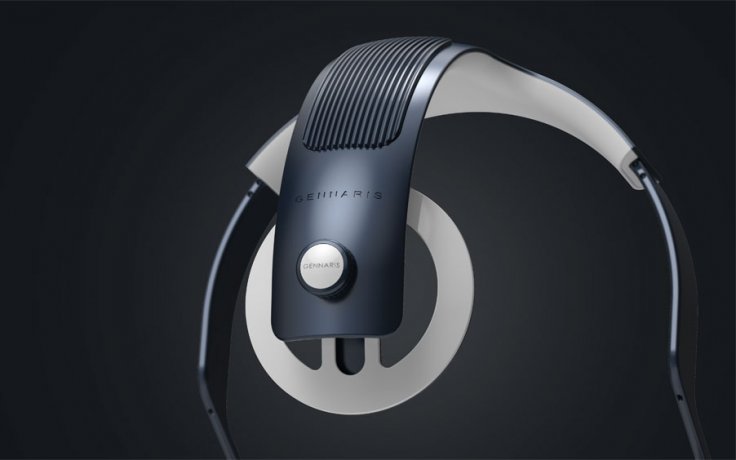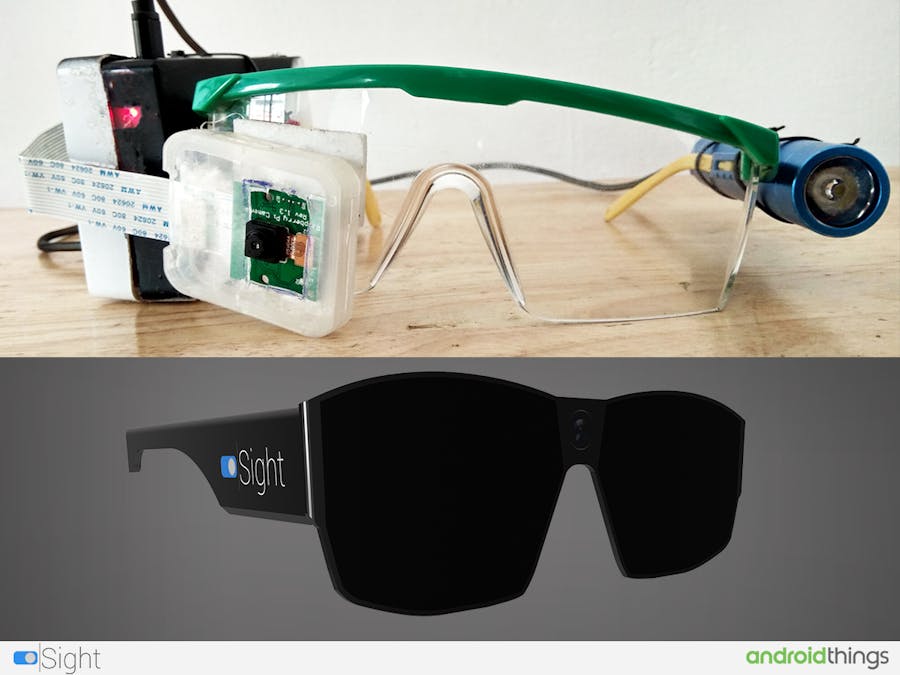Stimulation of multiple electrodes allowed one patient to recognize simple patterns including letters.
Artificial vision for the blind by connecting a television camera to the brain.
A brain implant or cortical implant provides visual input from a camera directly to the brain via electrodes in contact with the visual cortex at the backside of the head.
K56 51366 leverkusen www gesundheit bayer de sponsoring.
A computer is used to process the sensory streams as is typical for a brain computer interface bci.
We report the development of the first visual prosthesis providing useful artificial vision to a.
Both patients made an uneventful recovery and the success of these experiments reinforces the hope that a.
Second sight s orion system bypasses the eyes to bring artificial vision directly to the brain.
We report the development of the first visual prosthesis providing useful artificial vision to a blind volunteer by connecting a digital video camera computer and associated electronics to the visual cortex of his brain.
They have developed a pair of glasses that has a camera a mini computer and a transmitter that together activate the visual cortex of the brain.
Blindness is more feared by the public than any ailment with the exception of cancer and aids.
Blindness is more feared by the public than any ailment with the exception of cancer and aids.
Bayer vital gmbh geb.
Working prototypes are being tested right now in six blind individuals.
Artificial vision for the blind has created a system that helps restore lost vision in those who are blind.
Dobelle w h 2000 artificial vision for the blind by connecting a television camera to the visual cortex asaio journal 46 3 9 google scholar crossref medline isi dobelle w h mladejovsky m g evans j r roberts t s girvin j p 1976 braille reading by a blind volunteer by visual cortex stimulation nature 259 111 112.
Blindness is more feared by the public than any ailment with the exception of cancer and aids.
We thank the following companies for their generous support of the artificial vision symposium 2019 in aachen.
We report the development of the first visual prosthesis providing useful artificial vision to a blind volunteer by connecting a digital video camera computer and associated electronics to the visual cortex of his brain.



























